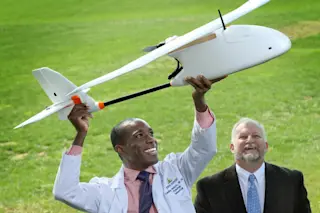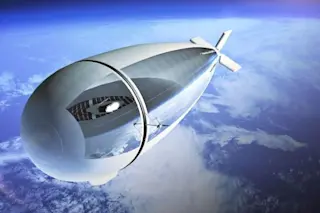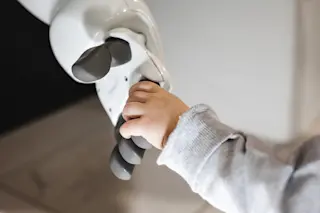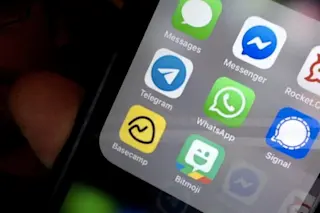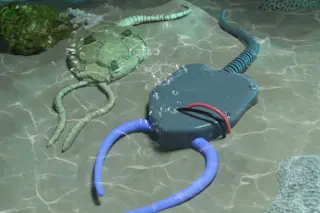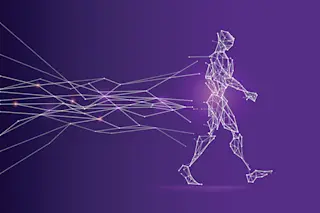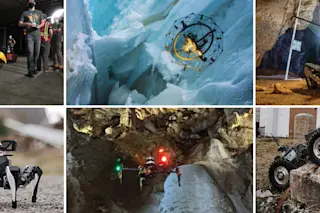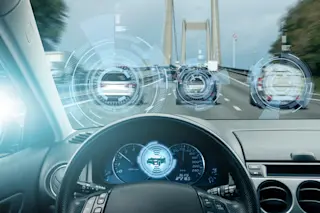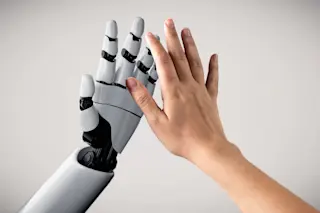Pathologist Timothy Amukele, left, teamed with Robert Chalmers and other engineers to create a drone courier system that transports blood to diagnostic laboratories. (Credit: Johns Hopkins Medicine) Drones, it appears, can safely deliver precious cargo. Biological specimens, like blood samples, require a smooth ride to the laboratory; excessive turbulence can skew test results. This poses a unique problem for doctors practicing in rural, rugged landscapes around the world. But scientists at Johns Hopkins University, for the first time, proved that hobby-sized drones could handle this important task.
Blood samples are one of the most important tools doctors can use to decipher what’s ailing their patients. In urban areas with smooth roads leading to the diagnostic lab, blood work is pretty simple. However, for the millions of people around the world living in isolated areas, or in underdeveloped nations lacking passable roads, blood work is trickier. When samples are jostled around ...


